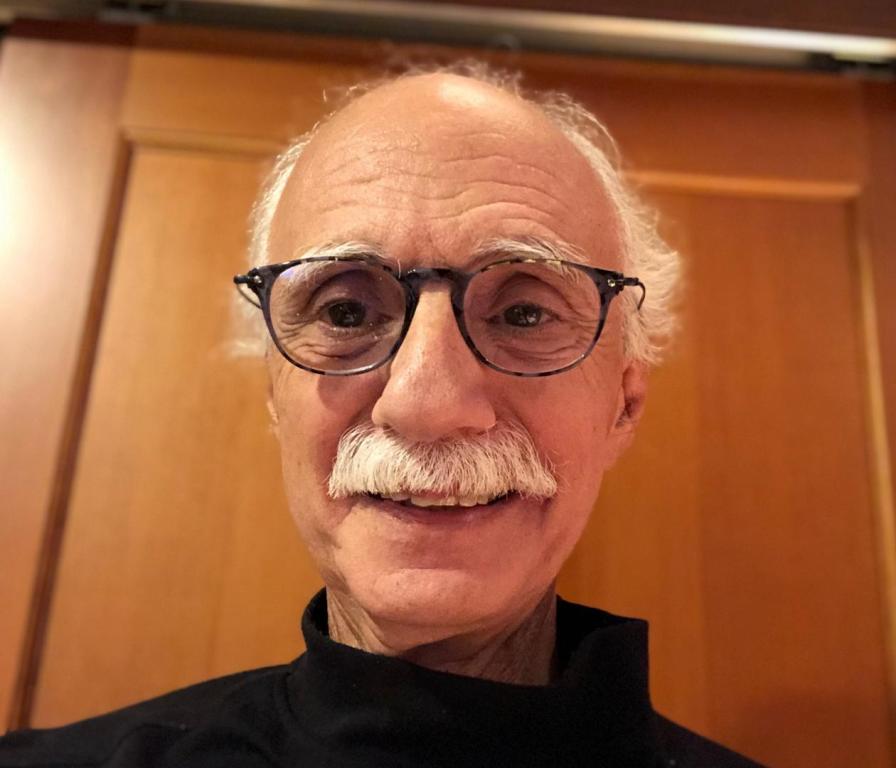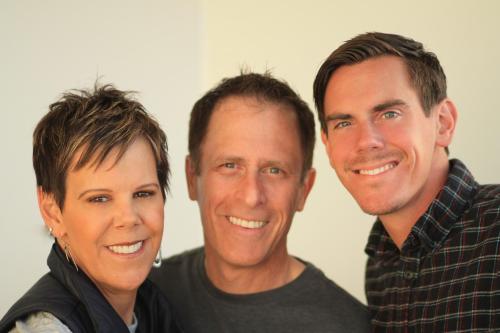
-
Understanding primary immunodeficiency (PI)

Understanding PI
The more you understand about primary immunodeficiency (PI), the better you can live with the disease or support others in your life with PI. Learn more about PI, including the various diagnoses and treatment options.
-
Living with PI
-
Addressing mental health
-
Explaining your diagnosis
- General care
- Get support
- For parents and guardians
-
Managing workplace issues
- Navigating insurance
-
Traveling safely

Living with PI
Living with primary immunodeficiency (PI) can be challenging, but you’re not alone—many people with PI lead full and active lives. With the right support and resources, you can, too.
-
Addressing mental health
-
Get involved

Get involved
Be a hero for those with PI. Change lives by promoting primary immunodeficiency (PI) awareness and taking action in your community through advocacy, donating, volunteering, or fundraising.
-
Advancing research and clinical care
-
Research Grant Program
-
Consulting immunologist
-
Diagnosing PI
-
Getting prior authorization
-
Clinician education
-
Survey research
-
Participating in clinical trials

Advancing research and clinical care
Whether you’re a clinician, researcher, or an individual with primary immunodeficiency (PI), IDF has resources to help you advance the field. Get details on surveys, grants, and clinical trials.
-
Research Grant Program
As an intern in pediatrics at the University of California, San Francisco (USCF) in 1975, Dr. Mort Cowan provided care for his first patient with severe combined immunodeficiency (SCID). Seven years later, he started the bone marrow transplant program at UCSF to treat persons with SCID. Today, Dr. Cowan is a pediatric immunologist, Emeritus Professor of Pediatrics, and Medical Director of the Pediatric Cell Therapy Laboratory at UCSF Benioff Children’s Hospital.

An expert in the field of SCID with an extensive medical career, Dr. Cowan is scheduled to speak at IDF’s Rare of the Rare Summit and he’ll deliver his presentation, entitled “SCID: Where are we and where are we going?,” on Saturday, September 26 from 12 to 1 p.m. Eastern Time. The 45-minute presentation will include 15 minutes of Q&A at the end.
“There are a lot of exciting things happening in this field and many of the advances that have been made in diagnosing and treating SCID over the years have actually been applicable to other diseases including other primary immunodeficiencies, cancer, and autoimmune disorders,” said Dr. Cowan.
The Rare of the Rare Summit takes place Sept. 25-27 and features opportunities for engagement, workshops, and presentations that focus attention on individuals with some of the rarest of the PI diagnoses. Specifically, the summit is designed for those with phagocytic and complement disorders, as well as T cell and combined immune deficiencies.
Dr. Cowan said he plans to discuss SCID, the use of bone marrow transplant (BMT) from healthy donors to treat SCID, and the importance of newborn screening as it relates to treatment.
“BMT has gotten better in terms of managing patients, diagnosing and treating infections, adjusting chemotherapy to reduce toxicity, and finding good matched alternative donors,” said Dr. Cowan.
The topic of gene therapy for X-linked SCID and Artemis SCID is also on Dr. Cowan’s agenda.
“Gene therapy is the future in definitive therapy, currently by inserting a copy of the normal gene into the stem cell DNA,” explained Dr. Cowan. “But in the future, we will be doing what’s called gene editing in which the mutation in the specific gene will be corrected, or edited.
“Eventually, I hope that we will be able to do this approach without having to remove the stem cells from the patient’s bone marrow into the laboratory, but actually inject a preparation that will go to the stem cell and edit the defective gene. That’s obviously quite a while off.”
Other innovations in SCID treatment that Dr. Cowan will discuss are new non-chemotherapy methods for allowing donor cells to engraft in the bone marrow to restore immunity. Dr. Cowan said that several non-chemotherapy approaches that use primarily monoclonal antibodies to target the marrow stem cell and remove it from its place in the bone marrow have been studied in mice and have produced “very promising results.”
“The non-chemo approaches to open marrow space, or niches, are very exciting and I think will become more commonplace in the next several years. There is already a clinical trial in patients with SCID of one of the monoclonal antibodies,” said Dr. Cowan.
In addition to Dr. Cowan, other key presentations at Rare of the Rare include:
- “Quaggas, Zebras, and the Power of the Dazzle,” a review of the current state of rare diseases presented by Dr. Troy Torgerson
- “New Approaches for Bone Marrow Transplant,” presented by Dr. Harry Malech
- “Gene Therapy for Rare PIs,” presented by Dr. Don Kohn
To watch the recording of the presentation, click here.
Diagnosis
Related resources
Sign up for updates from IDF
Receive news and helpful resources to your cell phone or inbox. You can change or cancel your subscription at any time.





The Immune Deficiency Foundation improves the diagnosis, treatment, and quality of life for every person affected by primary immunodeficiency.
We foster a community that is connected, engaged, and empowered through advocacy, education, and research.
Combined Charity Campaign | CFC# 66309




